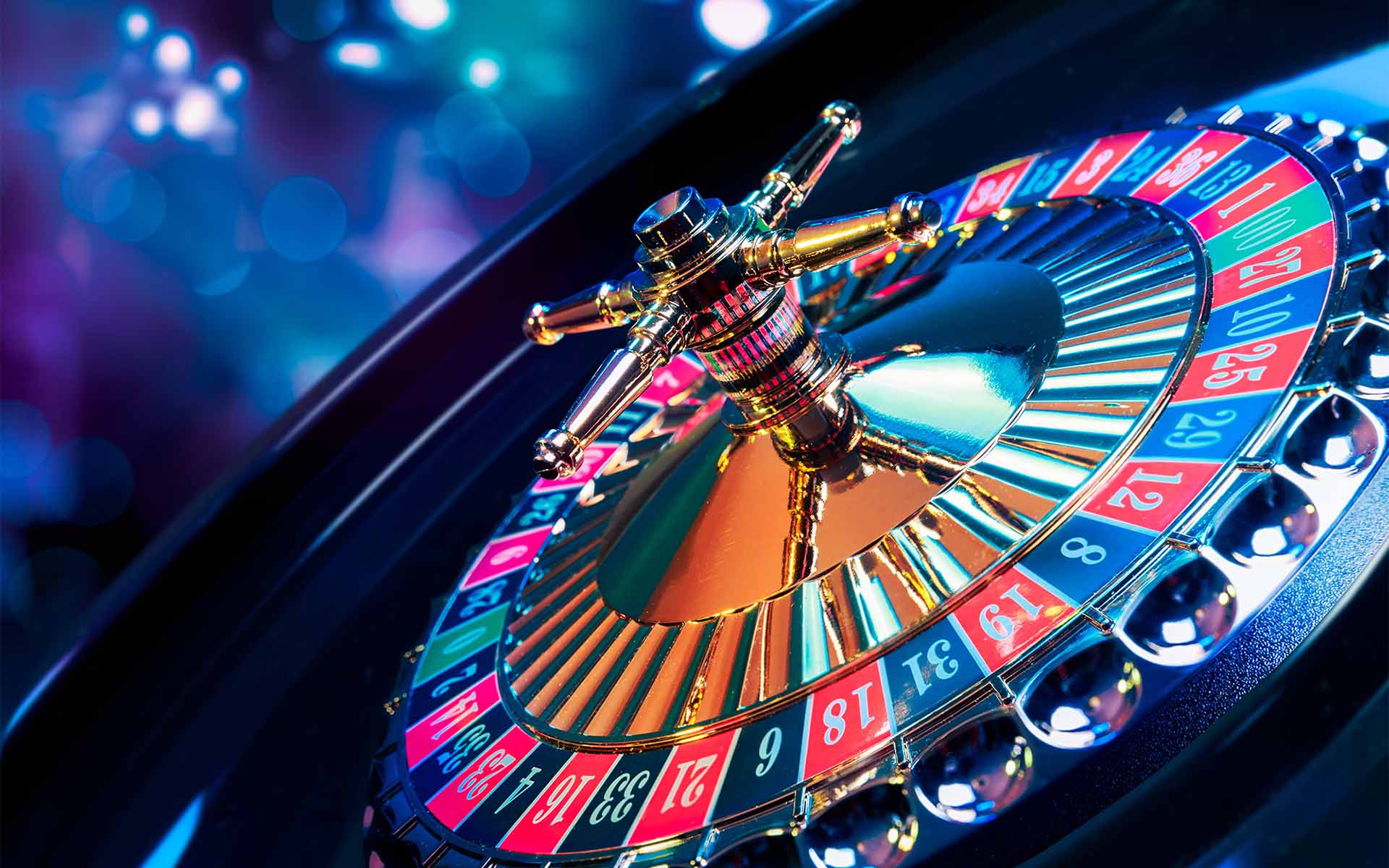The manner in which Casino Games Represent the Humanity's Experience

Gambling games have long been a significant aspect of human culture, providing not just entertainment but a intriguing reflection of our hopes, wishes, and concerns. From the turning reels of a slot machine to the tactical play of poker, these games encapsulate a range of human feelings and incidents. At their core, casino games are not just a chance to win money; they are a microcosm of life itself, where danger and gain merge and fate can change in an instant.
As players assemble around tables or sit in front of glowing machines, they take part in a ritual that transcends mere betting. These games mirror our innate desires for relationships, adventure, and the pursuit of luck. They also reveal deeper truths about human behavior, such as our relationship with fate and the thrill of the unknown. In exploring casino games, we reveal not only the nuances of play but also the rich tapestry of the human story, showcasing our interconnected narratives of goal and reality.
The Psychology of Gambling
Wagering is intrinsically connected in human psychology, tapping into various feelings and wants. The excitement of taking risks is a core aspect that attracts participants, whether the thrill of spinning a roulette wheel or the anticipation of drawing a winning hand in poker. This adrenaline is often compared to other forms of excitement, as the unpredictability of outcomes triggers a distinct psychological response. Gamblers often become captivated by the possibility of striking it rich, leading to an almost magnetic draw toward gambling games.
Additionally, an essential component of the psychology behind gambling is the concept of hope and aspiration. Participants often nourish fantasies of financial freedom and the luxurious lifestyle that can follow winning. This optimism fuels their continued participation in casino games, as it provides a sense of meaning and the belief that a transformative win could be just one wager away. The narrative of beating the odds and achieving success resonates with many, reinforcing their dedication to play and engage with these games.
Lastly, social aspects play a significant role in gambling psychology. Casino environments are designed to promote social interaction, where players gather to share the experience of wins and losses. This shared aspect not only amplifies enjoyment but also affects behavior, as individuals often imitate the actions of others around them. The collective approval found in mutual thrill can magnify the emotional experience, making casino games a reflection of not just personal desires but also collective engagement within the gaming community.
### Risk and Reward: A Double-Edged Sword
Gambling activities embody the subtle balance between risk and reward that resonates deeply with human psychology. The thrill of placing a bet is often accompanied by a surge of excitement, as players are confronted with the chance of a huge payout, yet fully aware of the potential to lose. This bipartisan experience reflects a core aspect of life: the decisions we face often come with intrinsic risks, and the pursuit of reward can push us to embrace risks we might not typically consider. In this way, gambling activities echo real-world choices, enticing players to risk not just their funds, but also their hopes.
The allure of grand jackpots and payouts fuels a feeling of positivity, motivating gamblers to envision a more promising future that could arise from a lucky spin of the roulette or dealing of a hand. wettseiten ohne OASIS This hope can drive individuals to engage in riskier behaviors, urging them to extend their limits in search of financial gain. However, just as in life, the consequences of these risks can lead to both victory and despair. The stories of both big winners and those who have faced losses everything at the casino demonstrate the random nature of luck and its impactful repercussions on our existence.
Ultimately, the experience of engaging with casino games serves as a potent reminder of the nature of humanity. Every game played is loaded with the tension of ambiguity, as players weigh the gains against the risks. This balance not only highlights the thrill that comes with betting but also exposes the vulnerabilities that come with the urge for more. As we navigate the complexities of choice and consequence in both the casino and in life, we find that the quest for gain shapes our identities and journeys in deep ways.
Culture and Loneliness in Gambling Environment
Gambling culture is a special blend of social interaction and personal pursuit, reflecting the dualities of individual experience. Gamblers often gather around tables, sharing in the thrill of the action, rejoicing in wins, and commiserating over losses. This social aspect is crucial, as it fosters a sense of belonging and camaraderie among diverse groups of people. Regular attendees to gaming establishments may build friendships and develop routines, turning the gambling venue into a second home where they feel linked to a greater community of gamblers.
However, the attraction of casino activities can also lead to isolation. As players become immersed in the excitement of playing, they may isolate from personal relationships or fail to interact with the world outside the gaming space. For some, the search of a jackpot can overshadow genuine relationships, leading to loneliness. The experience of being surrounded others yet experiencing solitary is not rare, as the focus shifts from shared enjoyment to the individual stakes of each player’s path.
This interaction of community and isolation creates a rich tapestry that defines casino atmosphere. It showcases the complexity of social interactions, where joy and sorrow exist together. Casinos serve as both a sanctuary for social interaction and a stage for individual struggles, illustrating how deeply entwined our yearning for companionship and the individual quest for wealth can be. In navigating this landscape, gamblers confront their own narratives—seeking both the thrill of the wager and the companionship of fellow players, ultimately reflecting the wider spectrum of individual experience.
